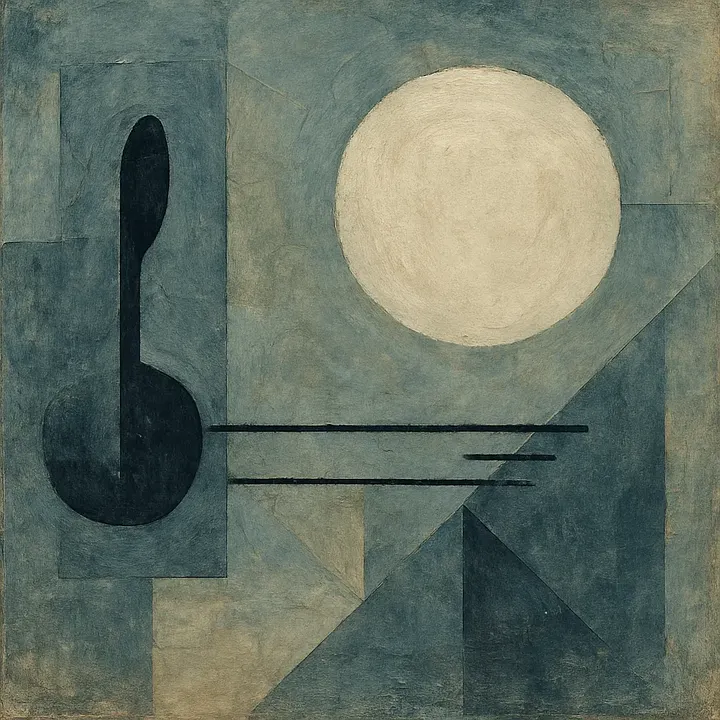Listen to the silence. It has so much to say — Rumi
Silence definitely has much to say, whether in deep reflections or in scanty and fleeting musings about coffee, like me right now, pondering what exactly a café mocha is.
Is it coffee masquerading as hot chocolate, or hot chocolate trying to appear sophisticated? Either way, it’s the kind of drink that makes you feel just a little clever the moment you order it.
I sit quietly in Starbucks, mocha in hand, savoring the drink, but you know what tastes even sweeter? The silence around me.
Swamped weeks of summer Chess camps have left me little time for such reflections. The exciting intricacies of being a Chess coach have evaded my life. I am either celebrating a small win of getting a student to fully grasp the need to take pauses and think a little bit more, even when they have found what seems like a perfect move, or encouraging another student to keep playing Chess after a painful loss. This has become my life, but would I have it any other way? I think not!
In this moment of silence, I finally feel the rhythm of everything. Slowly, the dots begin to connect; all I have been building, my ideas and connections, are taking shape at last.
Hello darkness, my old friend… These words from Disturbed’s Sound of Silence have lingered with me all summer. As I look back, I’ve come to realize that silence isn’t emptiness — it’s a space for growth, for reflection, for listening. Also, this summer has taught me that silence is where the deepest connections are truly made
In stillness, real connection comes to light. Relationships are nurtured not just in words, but through presence, active listening, keen observation, and genuine care. The impact of these moments is not felt immediately, but over time, they accumulate quietly and become a rock-solid framework that holds longstanding relationships.
And you, dear reader, you’ve journeyed with me through these musings, tracing the wanderings of my mind with such patience. Through my words, you’ve seen me, and I like to believe that means you care. After all, you’ve returned once more, to my great delight. I can only hope this bond between us grows stronger. Your persistence humbles me, and for that, I am deeply grateful
I’ve come to talk with you again.
The sound of writing is silence
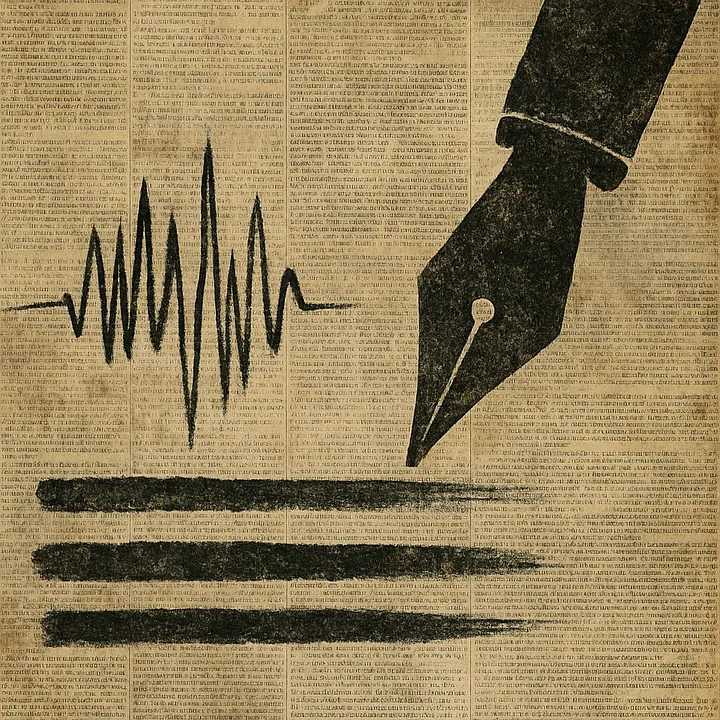
When I write, silence speaks; only my thoughts are loud.
People usually write what they know, but I mostly write what I need to remember — endless things within the limits of time.
Writing is a prayer. — Franz Kafka
Every word written is a quiet offering to make sense of the world. I reckon reading, then, must be the sneaky cousin of the prayer that writing is — less solemn, almost a thievery, like tiptoeing into a library to snag up wisdom, to grasp huge heaps of insight that belong to someone else, yet somehow, it feels like yours, vicariously.
I find truth in Kafka’s claim that writing is a form of prayer. It’s a deliberate offering of thought, intention, and an outpouring of the soul represented as ink on sheets. Reading, in contrast, is supplication, a humble search for wisdom and insights beyond oneself. Both require silence, patience and attention.
In the silent spaces of writing and reading, I create my world. I see scaffolds everywhere, structures for growth manifest. Sometimes, it’s my students learning new strategies to outwit their opponents. At other times, it’s my ideas slowly coming together into a larger vision, or, it’s me adding value to new terrains. These prayers of mine, reflected in writing and reading, interact and collide in my mind, and somehow, they eventually crystallize into my projects, my insights, and, ultimately, into the actions I take.
Rooted not reactive
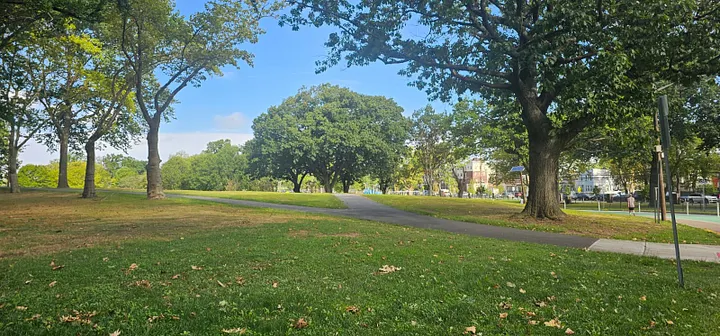
It was a Monday morning, my first day on the field as a Disaster Action Trainee at the American Red Cross shelter. The place buzzed with life — volunteers moving supplies, staff coordinating tasks, residents navigating their day. As I introduced myself, I slipped in the fact that I was also a Chess Master. Most people offered a warm smile, the kind of polite smile reserved for small talk, but then, there was Maria, her eyes beaming with curiosity, just enough to set her apart, and I noticed.
Maria loved Scrabble and had always been curious about Chess. She had even tried Chess before, but it never clicked. On that first day, I offered a different way of seeing it: Chess, I said, is really about perspective. Instead of words, you build meaning with moves. The rules are simple, but understanding patterns is where the magic happens. With the right guidance, anyone can learn Chess.
Months later, Maria suggested I listen to a classic song, ‘The Sound of Silence’ by Disturbed. It’s a song about reflection. You’ll understand why it matters. Listening, I realized the song gifted me a space to pause, reflect, and act intentionally. Maria gave me a gift in this song, but I thought I was the one who could gift her something by teaching her Chess. But you see, impact comes from being rooted, not reactive; it’s about showing up with intention, noticing where your presence can create value and leaving a space for others to grow. People are drawn to those who stand grounded, not those who merely react.
In the shelter, surprisingly, silence is often the loudest. Between the shuffling of cots, the whispers of worry, and the tears of children, there’s a stillness that feels heavier than any storm. It’s in that silence that you realize survival is not just about food and shelter, but about the mind finding something to hold on to.
Then I came with a thought! What if Chess could fill that vacuum? Not merely as a game, but a way to give shape to thought, a way to remind people that even in their chaos, there are moves left to play. When the chessboard becomes a small world where strategy, patience, and resilience still matter.
Maybe that’s an unanswered question: in the sounds of silence, what sparks can we plant to keep hope alive?
So, dear reader, pause in silence and ask yourself: who is lifted when I choose to show up?
Visions softly creeping
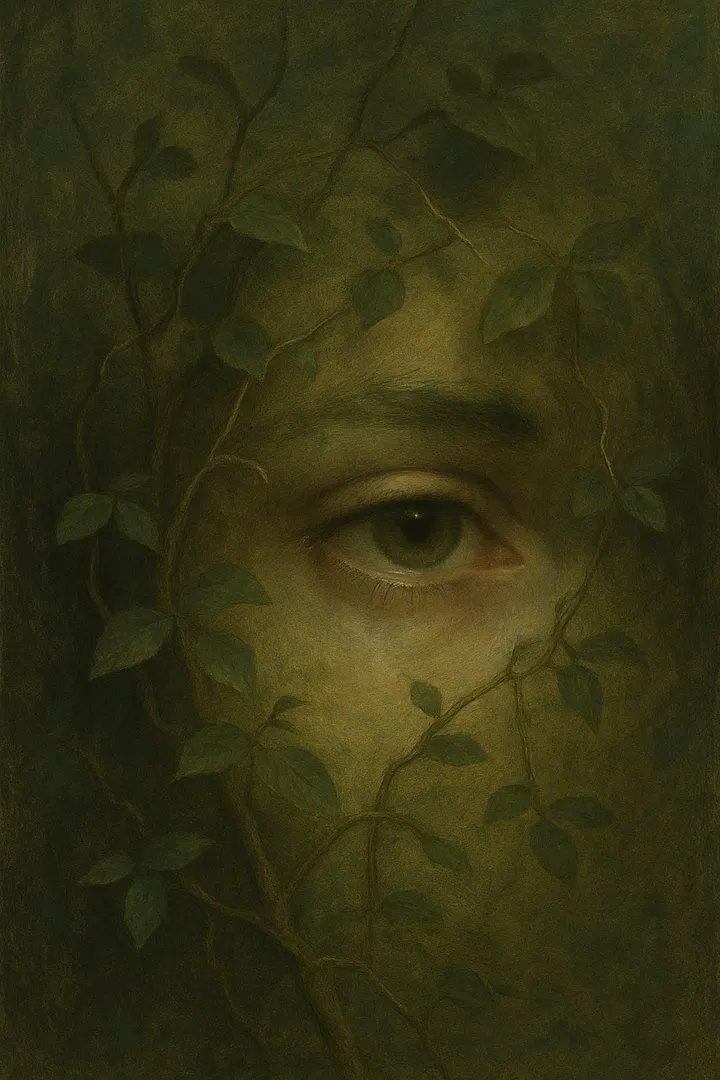
The best way to predict the future is to create it.” — Peter Drucker
Take a glimpse of what I dream of for the future: it’s the year 2035, and the world has transformed. Artificial intelligence, quantum computing, autonomous systems, and bio-digital integration dominate our industries. Yet, one initiative has quietly reshaped the global leadership landscape: ChessNCode, which began as a program to teach girls and women Chess and coding (digital literacy) has become a movement empowering over a million participants worldwide to lead in the fourth industrial revolution (4IR).
Sometimes I laugh that ChessNCode is my own version of “Days of Future Past.” Not mutants rewriting history, but pawns and tech sneaking into tomorrow. Coding is digital literacy — the new reading and writing of the Fourth Industrial Revolution. And when you place it next to Chess, it feels like handing people both strategy and language for the world ahead.
And the truth is, we don’t need Wolverine to save the future. A knight fork on a plastic board in a shelter, or a young girl experimenting with tech and typing her first line of code, can bend her future just as much. In the silence, tomorrow begins.
Silence teaches us to pause. Chess teaches us to think. Code teaches us to build. Together, they form a language of empowerment that can reshape lives and communities. And in that silence, I hear not the absence of sound, but the presence of possibility.
Left its seed while I was sleeping
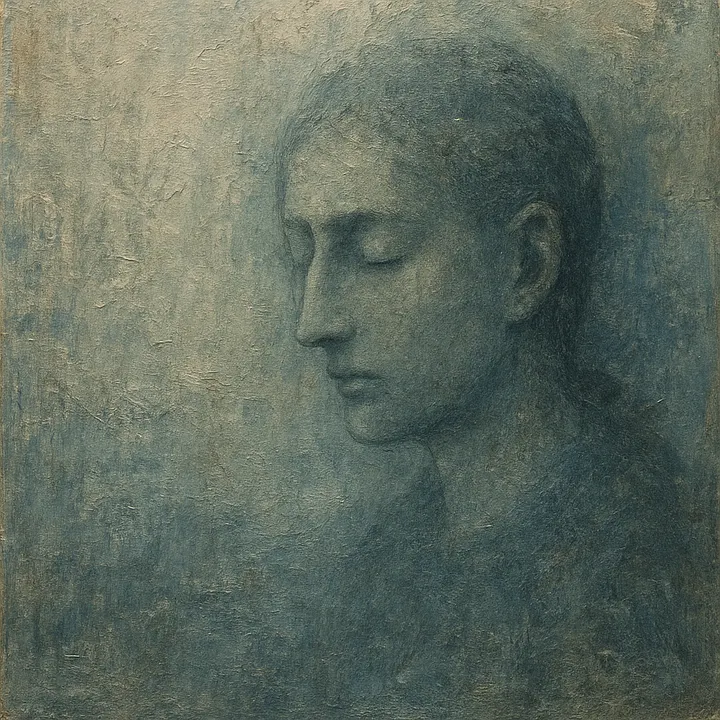
Some other eyes will look around and find things I have never found. — Malvina Reynolds .
That’s exactly how I see teaching Chess. Every student brings a unique perspective to the chessboard, different moves, ideas and strategies. One of my students once asked if the knight is a boy or a girl. That’s something I had never imagined!
Moments like that remind me that teaching is about guiding each unique perspective, not just showing moves. This summer, my coaching sprints reminded me that Chess, like silence, is about connectivity. It is about listening beyond words and finding patterns in the stillness. My students embraced that silence and turned it into growth, jumping from 1200 USCF to 1500+ USCF. A proud moment for the amazing kids as they step boldly into higher levels of understanding.
And the vision that was planted in my brain
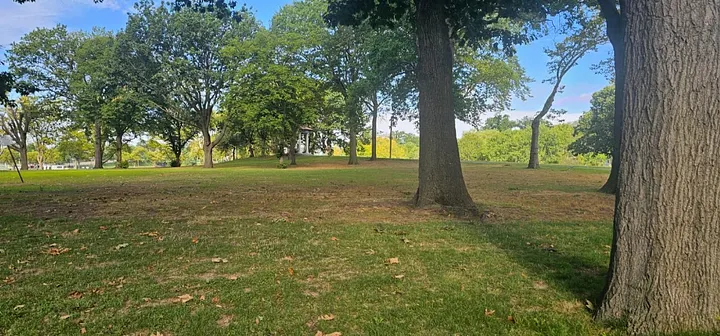
I do hear it a lot, Coach Ayo! What’s the Chess hack? What’s the Chess secret? The truth is, there isn’t a magic opening or shortcut move. The real secret is silence and scaffolding, seeing the visions planted in your head clearly before they can happen.
Most people think coaching is about showing strength, crushing your opponent in ten moves, dazzling them with lines they can’t follow, but my hack is different; I hold back. I let the silence breathe. I build small steps so they can climb; that’s what I call scaffolding, asking the right question instead of giving an answer, pausing long enough for my students to think. Go slower at first, then faster much later, building their independence.
So the chess hack? It isn’t knowing more, it’s connecting more. It’s the courage to stay quiet so the students can finally hear themselves think.
Still remains
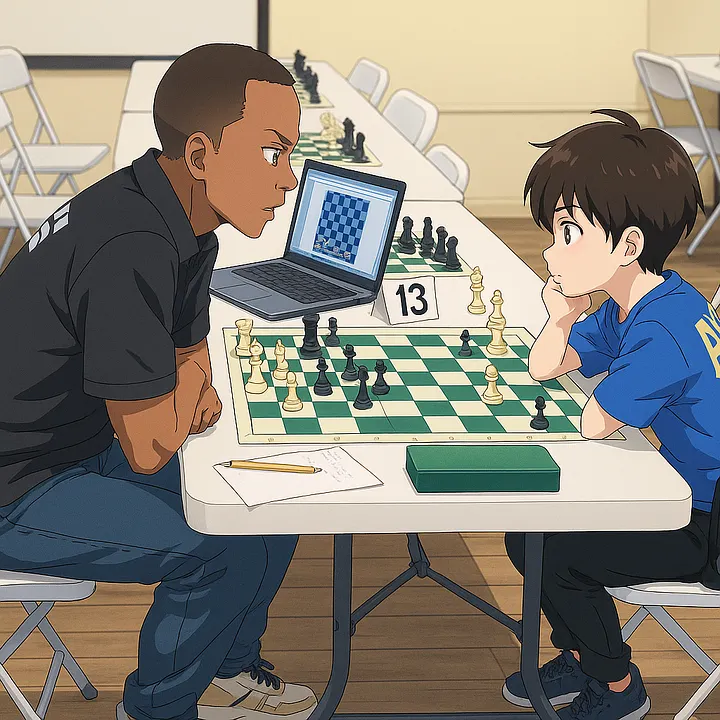
Being good at something isn’t the same as doing meaningful work.
Jim Sinegal said If you are not spending 90 per cent of your time teaching, you are not doing your job. To me, the quote speaks about focus and alignment: if you’re not devoting most of your time and energy to the heart of your craft, you’re likely drifting off course.
It’s easy to succeed once; anyone can show up once with their best self for a moment, but the people who create lasting impact do it again and again. You don’t need the world’s permission to walk in your purpose. The question I always ask myself when I arrive in a new place is How can I create a lasting impact here?
Each summer, I always try to do something that matters, something that challenges me and leaves a mark. So it felt almost strange when I arrived in the USA and found myself doing pro bono Chess coaching. I mentored a young girl pro bono under the auspices of The Gift of Chess; she rose to become Kenya’s U18 Girls champion in August 2025. I worked with her remotely from September 2023 to April 2025, and in her journey, I see what’s possible when belief meets guidance. It hit me then that building a reputation isn’t always about the titles or recognition, it’s about showing up, investing in someone else’s growth, and letting that work speak for itself.
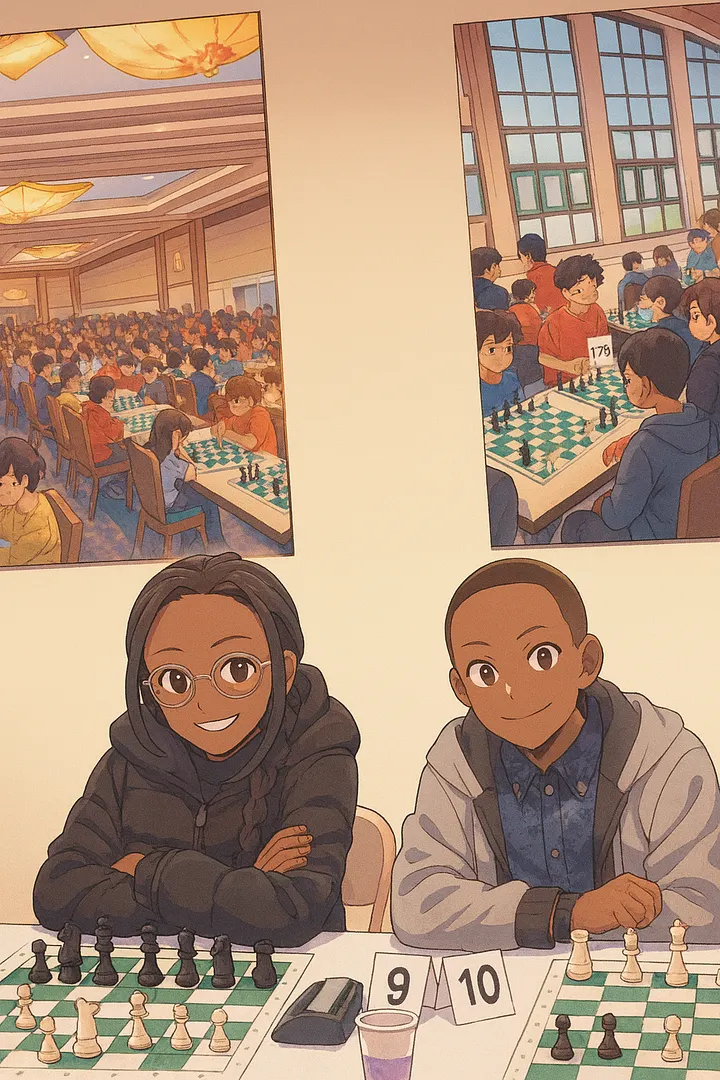
Reputation is built move by move, summer by summer, through quiet, lasting moments of impact. I look forward to the stories Summer 2026 will bring.
I don’t tell these stories to brag about rating gains and trophies; for me, they are signals of what is attainable when coaching is rooted in patience, silence, and connection.
The reflective question is: What remains when you leave?
Within the sounds of silence
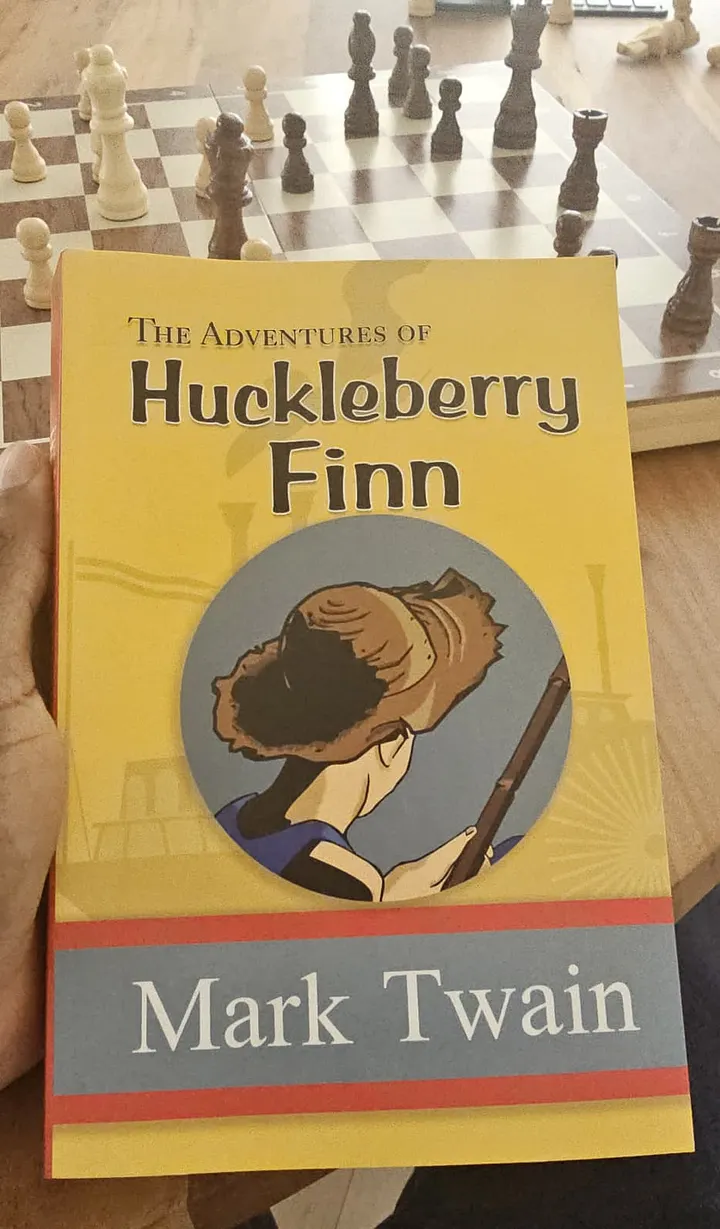
I finished my café mocha, and let my eyes wander past the Starbucks window, catching the blur of passing buses and closed the last page of the American classic, The Adventures of Huckleberry Finn. In his voice, I reckon the quiet’s the thing that teaches ya the most. And he’s right, I’ve seen it in the way the Chess pieces move, and I guess the future ain’t all about loud talk and fireworks, it sneaks along quietly, soft and steady.
ChessNCode showed me that plain as day: when you set your mind to thinkin’, your hands to doin’, and your heart to bein’ still, well, you can build somethin’ the whole world will notice someday — even if it comes on like a whisper.
If you truly listened, you would have caught the beauty in the headings from The Sound of Silence.
Till next time, dearest reader, let stillness guide you.
